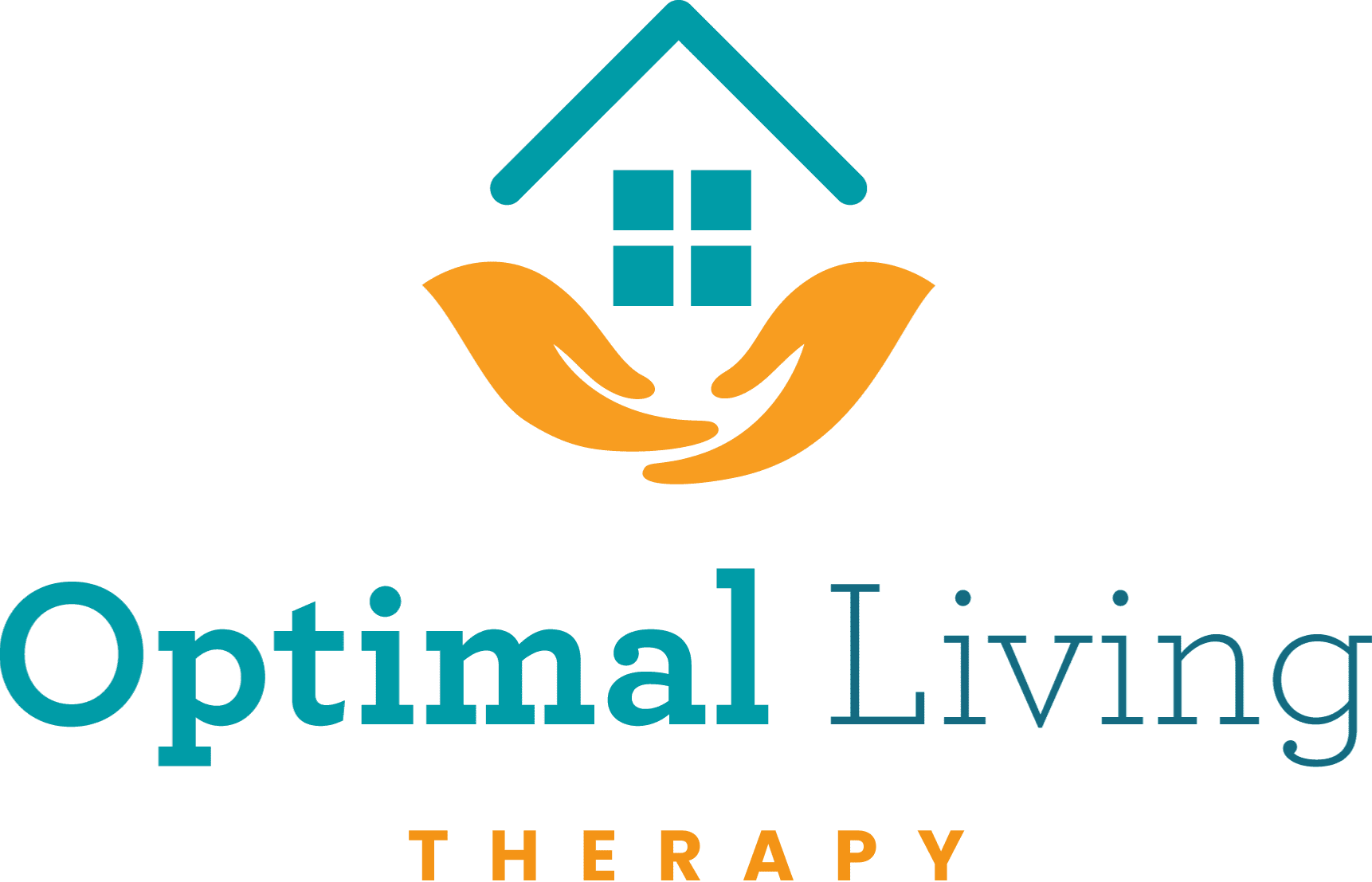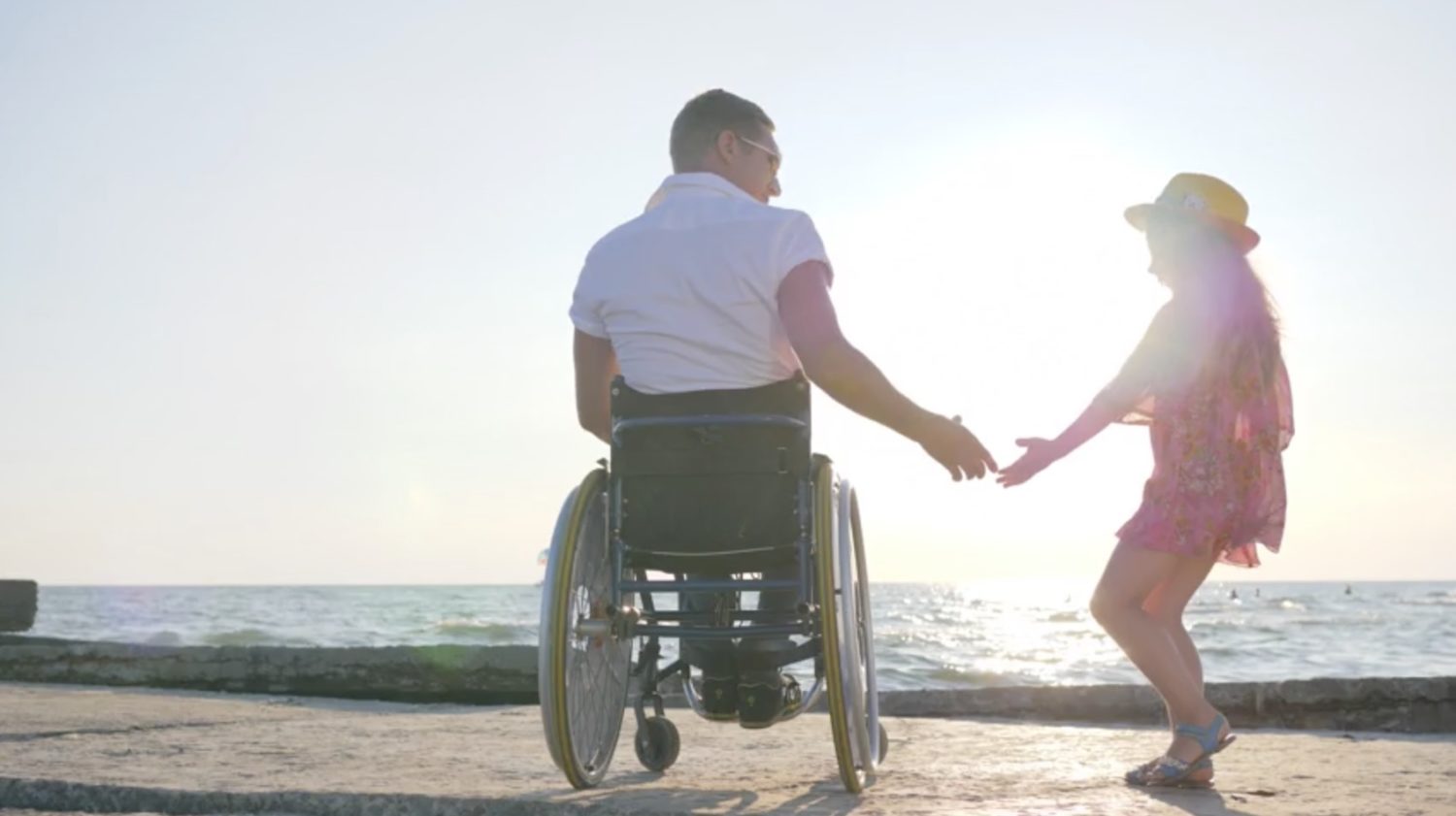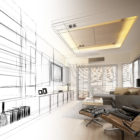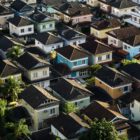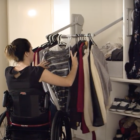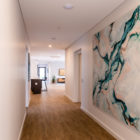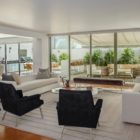Why Livable Housing
Homes that are designed to met the changing needs of occupants over their lifetime.
Livable and easily adaptable housing design involves the inclusion of key easy living features that makes home easier and safer to use for all home users, including people with disabilities, ageing Australians, families with young children and people with temporary injuries.
The key features of a livable home are:
- It should be easy to enter
- Capable of effortless and cost effective adaptation
- Easy to move in and around
- Designed to anticipate and respond to the changing needs of home occupants
A livable home is not only intended for ageing Australians building a home for their futures, or a person with a disability building a home they can access, Livable housing is about creating a house that looks no different to standard house, but has key features built in that ensure it is or can be made accessible for any person, at any stage of their life regardless of changing health conditions.
Livable Housing Australia (LHA) – a national organization that promotes and monitors the certifications of Livable Houses, report that international research shows that it’s 22 times more efficient to design for adaptability up front, so why not plan for the unexpected.

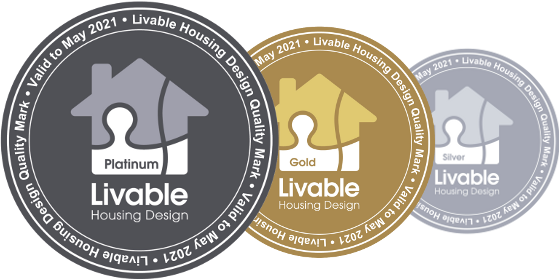
Why you should consider a
Livable Housing Certification
for your next project:
The market for livable, adaptable, accessible homes is going to boom exponentially due to the increasing ageing population, longer life expectancies and better disability funding Australia wide. Other Australian states have legislation that incorporates new build requirements for livable homes.
With the National Disability Insurance Scheme (NDIS) being rolled out across the country, the demand for these homes is increasing. Legislation in Western Australia will have to follow, with the cost of modifying homes unsustainable due to the increasing ageing and disability population.
- Receiving a Livable Housing Design certification can help improve the resale value of homes. It can increase the resale market by 30% to include people with accessibility issues and the elderly.
- The cost to the homeowner of including key design features (in this case the silver level) is 22 times more efficient than retrofitting when an unplanned need arises.
- Livable Housing Australia’s strategic plan was developed in conjunction with federal parliament and is driving government policy, industry leaders and the community to embrace the Livable Housing Design guidelines. This is required to increase the stock of livable homes to meet Australia’s growing need.
- Livable Housing Australia is a government supported NGO that was introduced in 2009 after a federal investigation into the significant lack of accessible homes in Australia. The design guidelines were established to provide the industry with the capacity and skills to design and deliver liveable homes to the community.
Livable Housing and Specialist Disability Accomodation (SDA)
Specialist Disability Accommodation (SDA) is housing that has been specially designed for people who are unable to live in mainstream housing due to their extreme functional impairment or very high support needs.
For accomodation to be suitable for SDA participants, it must comply with certain standards and characteristics that meet participants’ needs and the nature of their disability.
There are 5 broad categories of SDA design, each of which is assessed against a relevant design standard. To have a home certified for SDA, talk to us about having the home certified to one of the standards. Read more below.
The Future of Livable Housing
There is a 60% chance that a new house will be occupied by someone with a disability or an accessibility need at some point in its lifetime.
The topic of livable housing is relevant for everyone regardless of ability, age or location. Consider, for example, how you might use your home in the event you broke your leg and required a wheelchair, or how your elderly parent will access your home if they need a walking
aid or lost their vision.
People in Australia living with a disability
People in Australia living with a severe disability
People in Australia caring for someone with a disability
Livable Housing Certification Process
Optimal Living can provide comprehensive Livable Housing Assessments and Certifications to Architects, Builders, Home Owners and Councils, through site and desktop audits.
Certification Process
- Contact us during the home design and planning phase or once the home has been completed for a desktop or built audit
- Once audited we will indicate if the plans/building have achieved Silver, Gold or Platinum levels of livable home design, indicating that the home has been designed and built in compliance with the livable housing guidelines
- In the event that there as aspects of the building that do not meet the required level, corrections and alterations may be made and re assessment of this component can be completed in order to certify the home
- As registered assessors we can assign the use of an LHA Silver, Gold or Platinum logo to a design or an as built home based on our assessment which can then market the home as being livable to future home buyers or make the home eligible to receive funding for specialist disability accomodation (SDA)
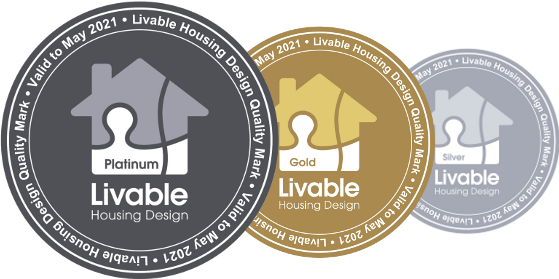
Livable Housing and Specialist Disability Accomodation (SDA)
Specialist Disability Accommodation (SDA) is housing that has been specially designed for people who are unable to live in mainstream housing due to their extreme functional impairment or very high support needs.
For accomodation to be suitable for SDA participants, it must comply with certain standards and characteristics that meet participants’ needs and the nature of their disability.
There are 5 broad categories of SDA design, each of which is assessed against a relevant Livable Housing Australia design standard. To have a home certified for SDA, talk to us about having the home certified to one of the standards. Read more below.
”We see only possibilities and support people to act without limitations - by challenging the speed of progress and shedding light on the possibilities for change.
Lauren HartOptimal Living Therapy
Livable Housing News and Information
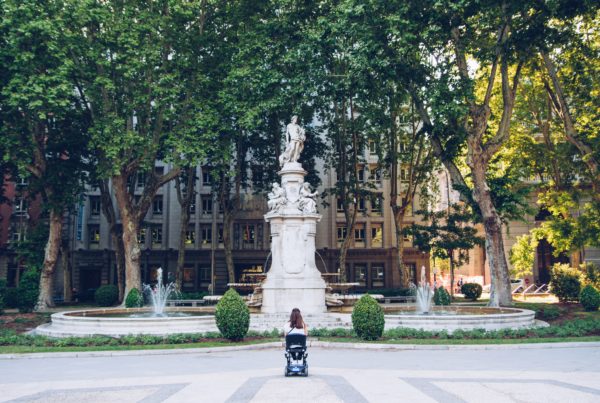
Universal Design and Tourism: Why it’s crucial that we focus on accessibility
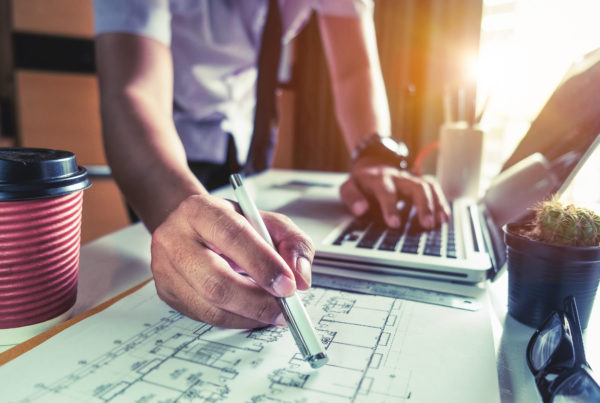
The shocking truth about Australian home design – and how we need it to change.
We look forward to working with you
Get in touch
View our FAQ’s for information on how to refer and eligibility
Optimal Living Therapy
ABN: 94625005012
AHPRA: OCC0001786259
LHA: 20023
OT Australia: 946355
NDIS: 4050042094
